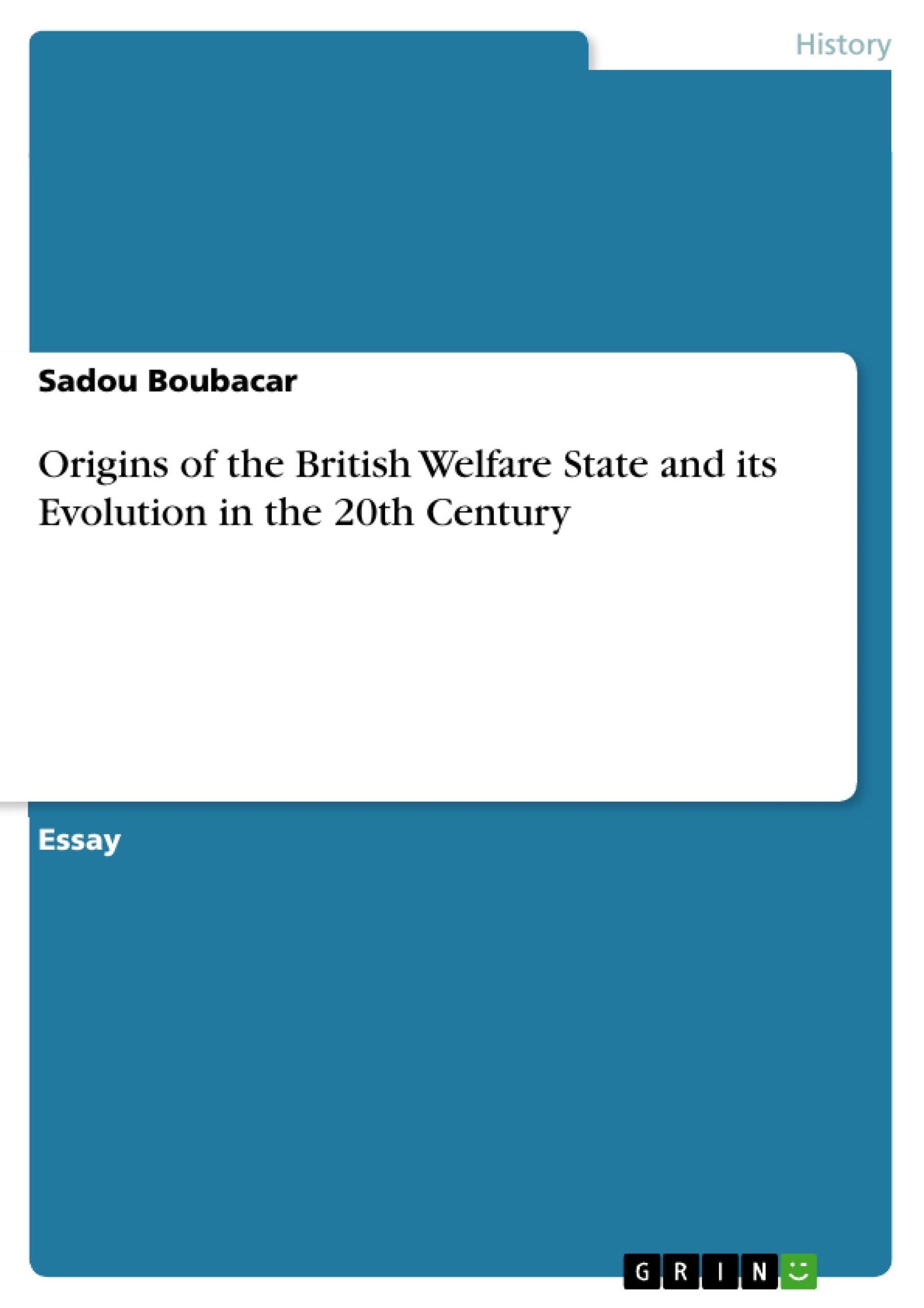If one was to broadly assert about the main areas of concern and interest for any given state, nation state or whichever form of governance, the domestic policies and the foreign ones would probably be the answer. Though many political entities in the past, or in the present, tend to overlook the domestic matters, it almost always proves to be the case that domestic affairs are as much important as foreign influence - if not much more. In the case of Britain, which formerly led an unchallenged imperial life from the 15th century to the 20th century, many internal social polices had to be carried out during the first half of the 20th century. This move towards the improvement of living conditions in Britain gradually evolved to facilitate the creation of the welfare state in 1945.
A broad definition of a welfare state would include the many services every state provides, but in the case of Britain the term takes a more narrowed meaning. A welfare state is that state which provides benefits to its citizens in such areas as unemployment, medical care, education and housing. Before we mention such welfare policies under the Labour Party in Britain after World War II, we will take a look at a background to it, and then we will enumerate some difficulties and the consequential comeback to power of the Conservatives in 1951.
Inhaltsverzeichnis (Table of Contents)
- Introduction
- I. Background to the Welfare State in Britain
- 1. The Situation During the Nineteenth Century
- 2. The Contribution of the Liberals in the Early Twentieth Century
- II. Factors in the Creation of the Welfare State in Britain
- 1. World War Two (1939-1945)
- 2. The Beveridge Report of 1942
- III. Labour's Victory at the General Election of 1945 and ist
Implementation of the Welfare State
- 1. Social Security and Medical Services
- 2. Education, Employment, and Housing
- IV. Nationalisation and the Defeat of the Labour Government
in 1951
- 1. Nationalisation
- 2. Some Problems with the Welfare Provisions and the Conservatives Comeback in 1951
Zielsetzung und Themenschwerpunkte (Objectives and Key Themes)
This text provides a historical analysis of the emergence and development of the welfare state in Britain during the 20th century. The work examines the key social and political factors that contributed to its creation, including the social conditions of the 19th century, the influence of Liberal reforms in the early 20th century, the impact of World War II, and the role of the Beveridge Report.
- The social and political context of the British welfare state
- The evolution of social welfare policies in Britain
- The impact of World War II on British society and politics
- The Beveridge Report and its influence on welfare state development
- The role of political parties, particularly Labour and Conservative, in shaping the welfare state
Zusammenfassung der Kapitel (Chapter Summaries)
The first chapter explores the social conditions in Britain during the 19th century, highlighting the lack of focus on internal social matters such as poverty, healthcare, and education. It examines the limited efforts made through the Poor Law and the development of basic education, emphasizing the gap between Britain's political and economic power and the social well-being of its population.
The second chapter discusses the contributions of the Liberal Party in the early 20th century towards social reform. It highlights the influence of figures like David Lloyd George and Winston Churchill, who pushed for improvements in living conditions based on reports like those by Charles Booth and Seebohn Rowntree. The chapter also details the implementation of reforms such as free education, school meals, medical inspections, old age pensions, and national insurance, emphasizing their significance in shaping the later development of the welfare state.
The third chapter focuses on the impact of World War II on Britain's social and political landscape. It examines the wartime mobilization of the British population, the rise of Winston Churchill as Prime Minister, and the formation of a coalition government that included prominent Labour officials. The chapter explores the extraordinary measures taken during the war, highlighting the sense of community and the government's role in providing for the needs of the population.
The fourth chapter delves into the Beveridge Report, a document that outlined a vision for social reform in post-war Britain. It discusses the five "giants" identified by the report – Want, Disease, Ignorance, Squalor, and Idleness – and the proposed solutions for addressing them. The chapter emphasizes the report's importance as a theoretical foundation for the welfare state that would be implemented by the Labour Party.
Schlüsselwörter (Keywords)
The central keywords and focus topics of this work include the British welfare state, social reform, political parties, social conditions, World War II, the Beveridge Report, poverty, healthcare, education, and nationalization. The text explores the development of social welfare policies in Britain, highlighting the influence of historical events, political actors, and social movements in shaping the modern welfare state.
- Quote paper
- Sadou Boubacar (Author), 2017, Origins of the British Welfare State and its Evolution in the 20th Century, Munich, GRIN Verlag, https://www.grin.com/document/378330




